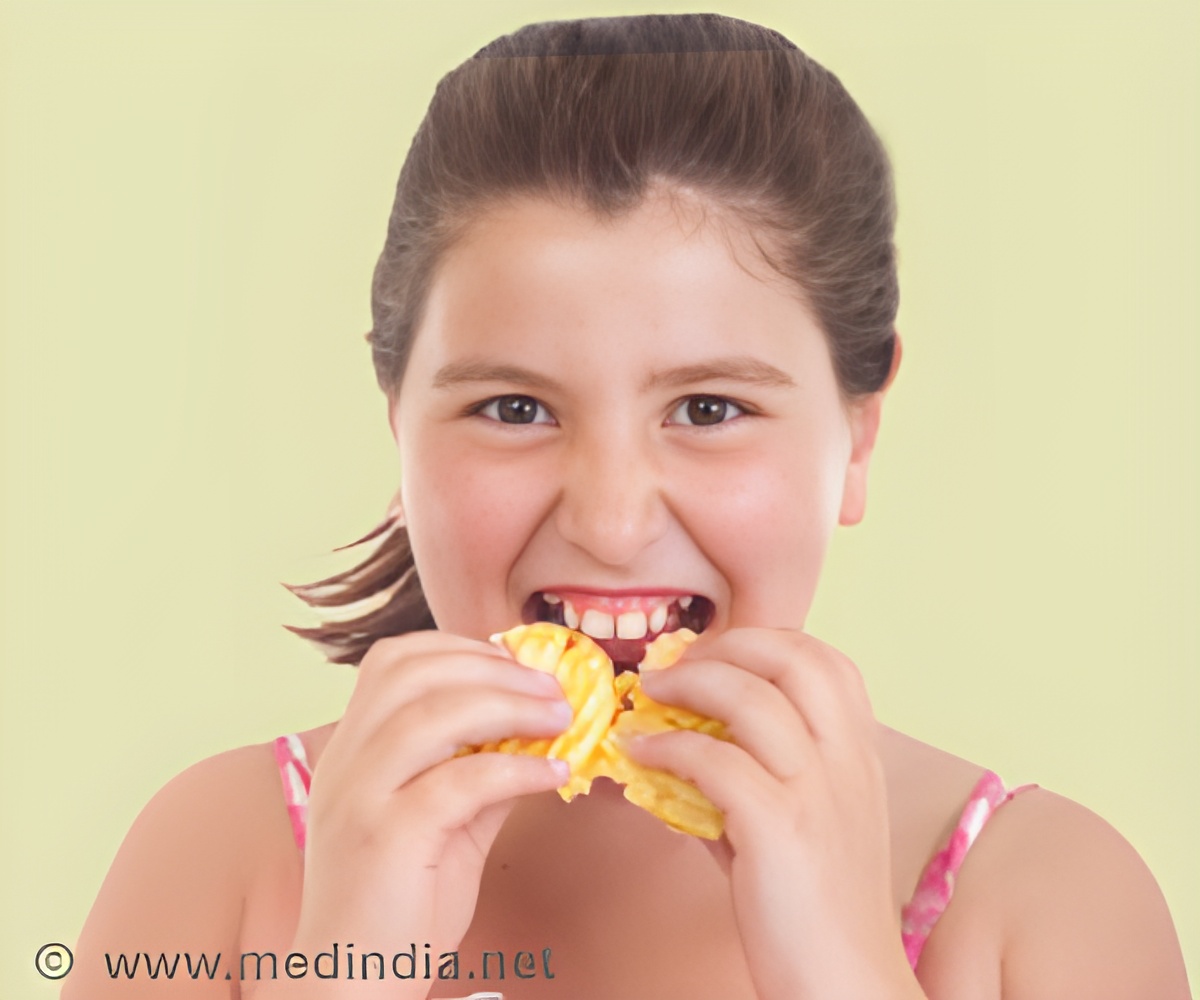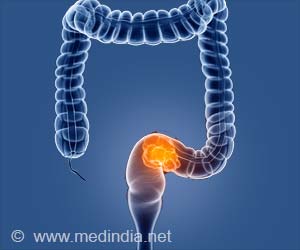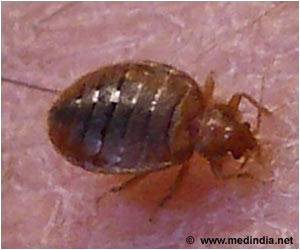Eating junk food during pregnancy can make children addicts to junk foods, finds new study.

Experiments in rats showed that a high fat and high sugar diet caused changes in the fetal brain reward pathways. This altered the food preferences of pups. The latest study, published in the March 2013 issue of FASEB, explores whether the increased preference for junk food could be attributed to changes in μ-opioid receptor expression in the brain pathway responsible for memory, motivation, desire and addiction.
An opioid is a psychoactive chemical like dopamine that works by binding to opioid receptors (binding sites made of protein), which are found principally in the nervous system and the gastrointestinal tract. The opioid receptors sense opioid molecules outside the cell and activate chain of events that converts the message “this molecule is present” to a physiological response.
For the experiment, the researchers selected pregnant and lactating rats and divided them into two groups – one group was fed junk food (JF) and the control group was fed a regular rat diet.
After weaning, the pups were given daily injections of opioid antagonist naloxone, to block opioid signaling. Opioid antagonists prevent the release of dopamine, a neurotransmitter that helps control the brain's reward and pleasure centers, thus causing lower intake of fatty and sugary foods (or junk food in this case).
Researchers noted that naloxone was less effective at reducing fat and sugar intake in the pups of the junk food fed mothers.
"The results of this research will ultimately allow us to better inform pregnant women about the lasting effect their diet has on the development of their child's lifelong good preferences and risk of metabolic disease," said Beverly Muhlhausler, co-researcher of the study. “Hopefully, this will encourage mothers to make healthier diet choices which will lead to healthier children".
Reference: Gugusheff JR, Ong ZY, Muhlhausler BS. A maternal "junk-food" diet reduces sensitivity to the opioid antagonist naloxone in offspring postweaning. FASEB J. 2013 Mar;27(3):1275-84. doi: 10.1096/fj.12-217653.
Source-Medindia















